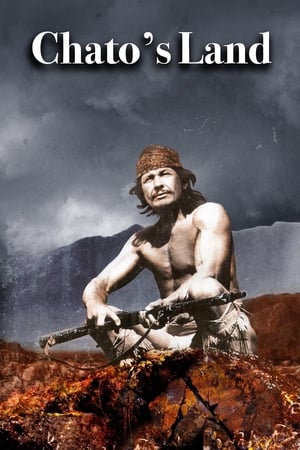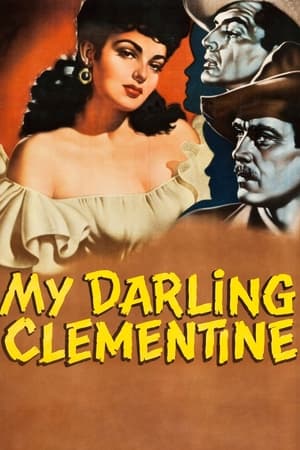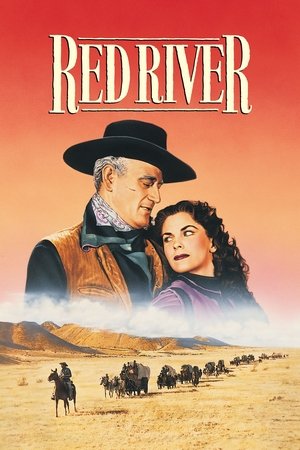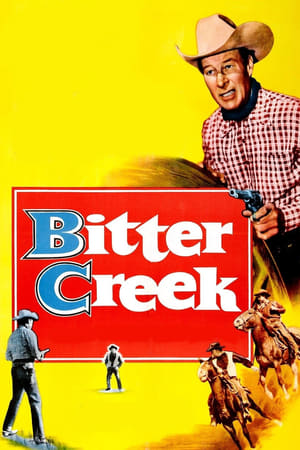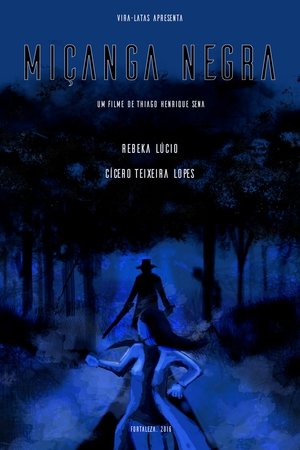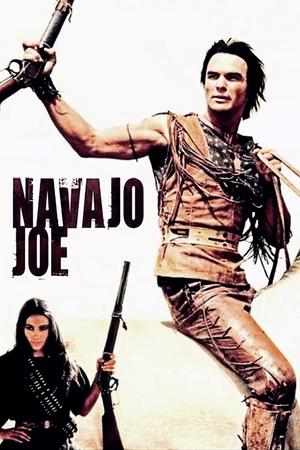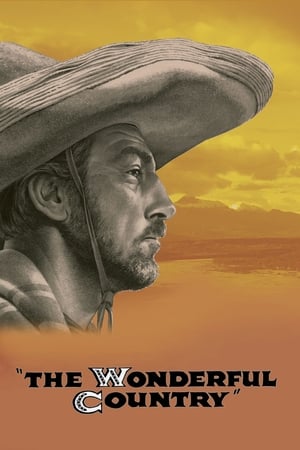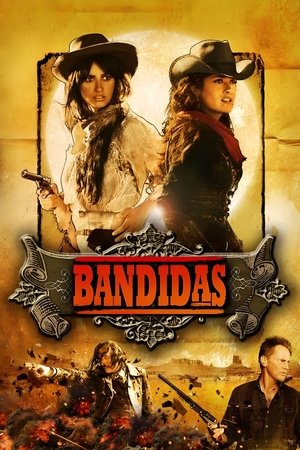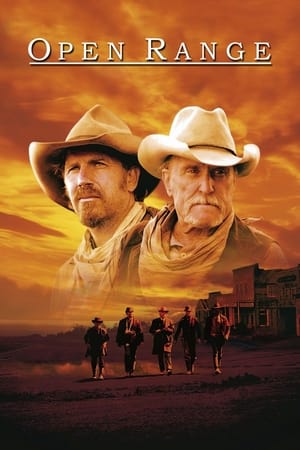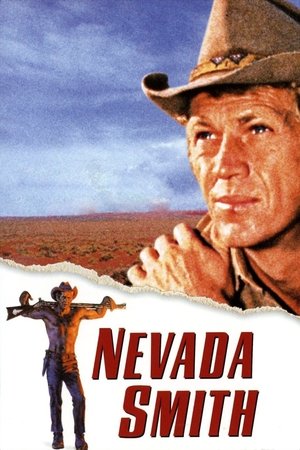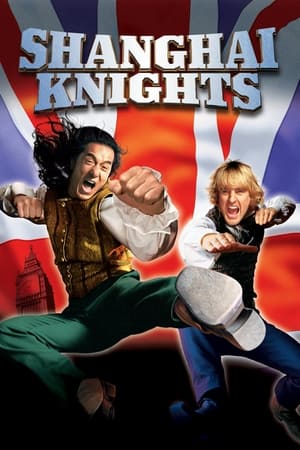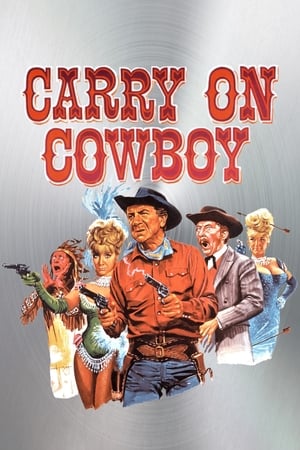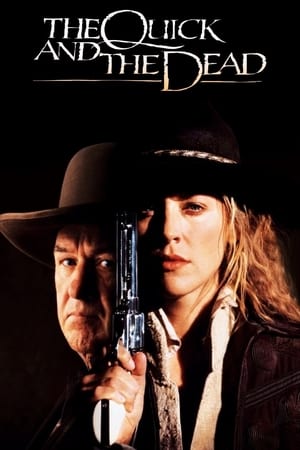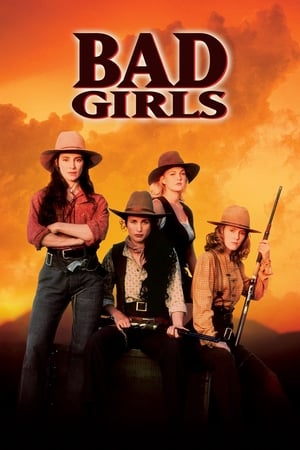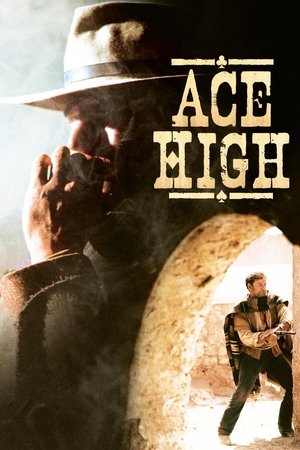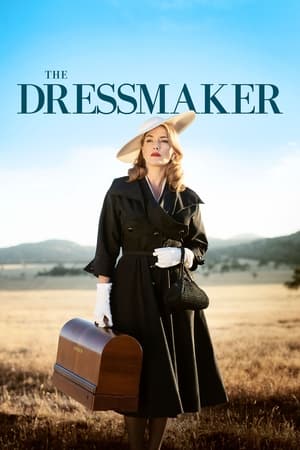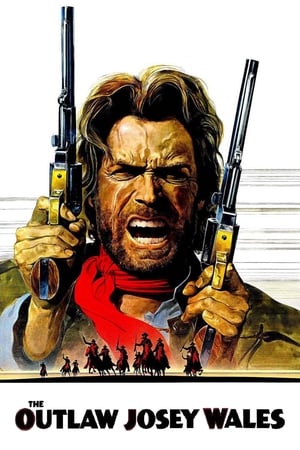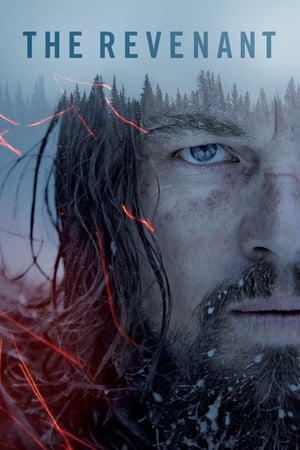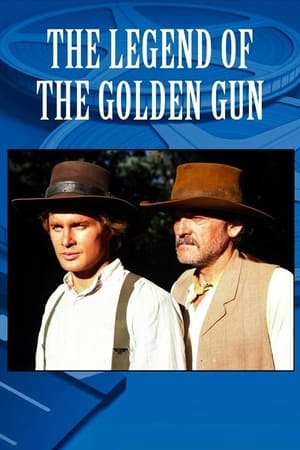Overview
A young couple's wedding ceremony is brutally interrupted when a pair of outlaw brothers arrive and massacre almost everyone in sight. They kidnap the beautiful young bride and leave her husband for dead. Luckily, he only sustains a flesh wound and quickly saddles up to track down the brothers before they sell his wife and a group of other women at an auction to a group of Mexican brothel owners.
Reviews
Spaghetti Western 3D-sploitation with brutal, sadistic… beauty?
At a wedding ceremony near the Southwest border a man is wounded (Tony Anthony) and his bride kidnapped (Victoria Abril). He heals-up and goes after the sadistic slaver brothers (Gene Quintano & Ricardo Palacios), their small army and the myriad women they abducted.
The title “Comin’ at Ya!” (1981) could refer to the slavers coming at the couple to cause havoc or to the protagonist coming after the slavers to save his bride, but it definitely refers to the 3D overkill wherein various objects are constantly thrust at the screen: beans, bats, spears, flaming arrows, etc. even a baby’s bottom. It was the first major release with 3D effects in 17 years and, being successful at the box office, paved the way for other 3D flicks of the early 80s. Even without 3D glasses, as long as you have a relatively large widescreen TV the movie still entertains on this level.
Tarantino obviously ripped-off the plot of “Comin’ at Ya!” for his “Kill Bill” (2003). The style & content are reminiscent of Leone’s “The Good, the Bad and the Ugly” (1966), but has better cinematography, superior colors, more action and doesn’t overstay its welcome. Unfortunately, like all Leone-styled Spaghetti Westerns, the characters are either caricatures (the slaver brothers) or cardboard thin (the hero & his wife), which makes ’em uninteresting. There’s barely any dialogue with no verbiage at all until almost the 13-minute mark.
Some people call “Comin’ at Ya!” garbage, obviously because of the sadistic brutalities and horrific components (e.g. the rat attack), but there’s an undeniable artistic genius to the filmmaking. For its DVD release (2016), the digital transfer was subjected to CGI alterations. The most obvious of these was the changing of some shots to B&W with one or two elements of color within the shot. I thought this improved the film.
The film runs 1 hour, 28 minutes, and was shot in Desierto de Tabernas, Almería, Andalucía, Spain.
GRADE: B-

 91 min
91 min
 4.3
4.3
 1981
1981
 USA
USA
 Wuchak wrote:
Wuchak wrote: